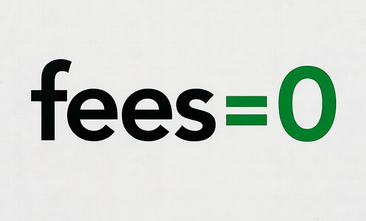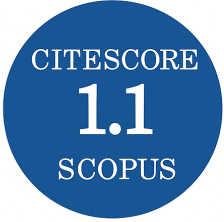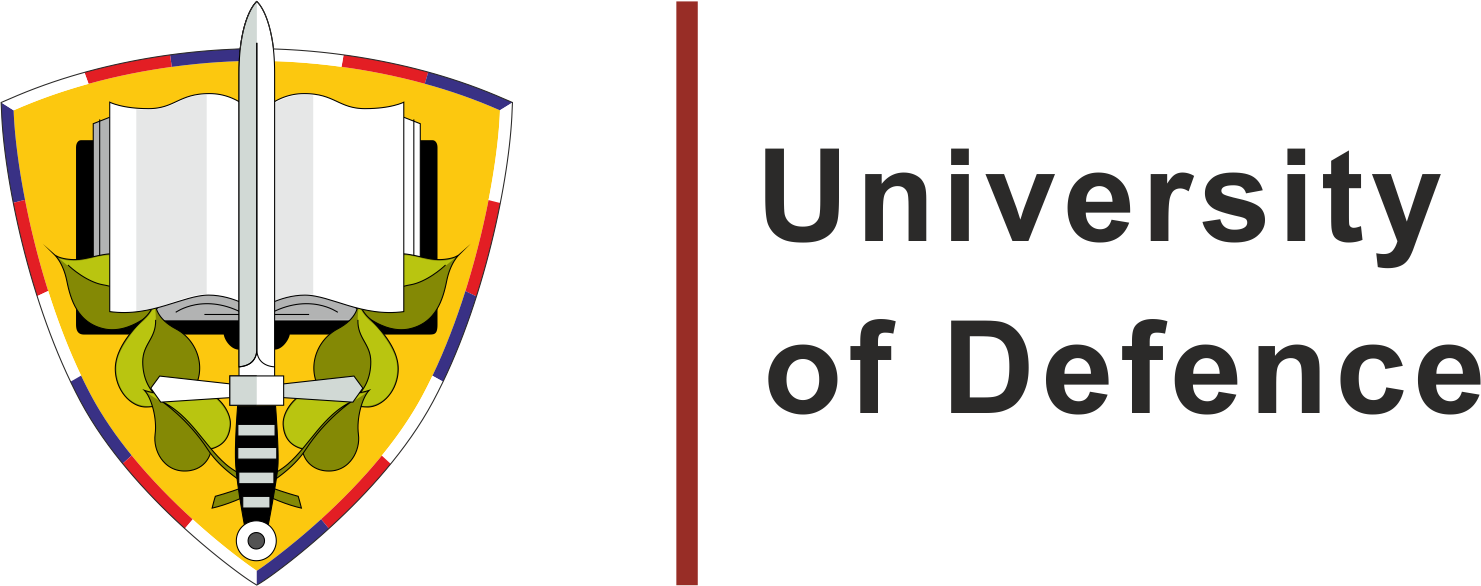A Motion Model for a Complex-Shaped Remotely Operated Underwater Vehicle
DOI:
https://doi.org/10.3849/aimt.01403Keywords:
mathematical model, motion equation, remotely operated underwater vehicle, Runge- Kutta method, water flowAbstract
The knowledge of velocities of a remotely operated underwater vehicle (ROV) is crucial for the study of the ROV motion. The ROV motion equations are complemented by hydrodynamic parameters and forces acting upon the ROV. The matrices of hydrodynamic damping coefficients and external forces acting upon the ROV are considered in this study as well. The computational results obtained by the Runge-Kutta method are compared with the experiment. It appears that the presented model can be useful for the design and investigation of remotely operated underwater vehicles.
References
GOMES, R.M.F., SOUSA, J.B. and PEREIRA, F.L. Modeling and Control of the IES Project ROV. In Proceeding of the European Control Conference. Cambridge: IEEE, 2003, p. 3424-3429. https://doi.org/10.23919/ECC.2003.7086570.
MARZBANRAD, A., SHARAFI, J., EGHTESAD, M. and KAMALI, R. Design, Construction and Control of a Remotely Operated Vehicle. In Proceeding of the ASME 2011 International Mechanical Engineering Congress and Exposition. Denver: ASME, 2011, p. 1295-1304. https://doi.org/10.1115/IMECE2011-65645.
EIDSVIK, O. and SCHJØLBERG, I. Determination of Hydrodynamic Parameters for Remotely Operated Vehicles. In Proceedings of the ASME 2016 35th International Conference on Ocean, Offshore and Arctic Engineering. Busan: ASME, 2016, p. 1-10. https://doi.org/10.1115/OMAE2016-54642.
ISA, K., ARSHAD, M.R. and ISHAK, S. A Hybrid-Driven Underwater Glider Model, Hydrodynamic Estimation, and an Analysis of the Motion Control. Ocean Engineering, 2014, vol. 81, p. 111-129.https://doi.org/10.1016/j.oceaneng.2014.02.002.
LIANG, X., PANG, Y., WAN, L. and WANG, B. Dynamic Modelling and Motion Control for Underwater Vehicles with Fins. In Underwater Vehicles, Vienna: InTech, 2009, p. 539-556. ISBN 978-953-7619-49-7.
FABER, T. Fluid Dynamics for Physicists. Cambridge: Cambridge University Press, 2010. 472 p. ISBN 978-0-521-42969-6.
POLYANIN, A.D., KUTEPOV, A.M., VYAZMIN, A.V. and KAZENIN, D.A. Hydrodynamics, Mass and Heat Transfer in Chemical Engineering. Boca Raton: CRC Press, 2001. 408 p. ISBN 0-415-27237-8.
FOSSEN, T.I. Handbook of Marine Craft Hydrodynamics and Motion Control. Chichester: Wiley, 2011, 596 p. ISBN 978-1-119-99149-6.
Downloads
Published
License
Copyright (c) 2020 Advances in Military Technology

This work is licensed under a Creative Commons Attribution-NonCommercial 4.0 International License.
Authors who publish with this journal agree to the following terms:
1. Authors retain copyright and grant the journal right of first publication with the work simultaneously licensed under a Creative Commons Attribution License that allows others to share the work with an acknowledgement of the work's authorship and initial publication in this journal.
2. Authors are able to enter into separate, additional contractual arrangements for the non-exclusive distribution of the journal's published version of the work (e.g., post it to an institutional repository or publish it in a book), with an acknowledgement of its initial publication in this journal.
3. Authors are permitted and encouraged to post their work online (e.g., in institutional repositories or on their website) prior to and during the submission process, as it can lead to productive exchanges, as well as earlier and greater citation of published work.
Users can use, reuse and build upon the material published in the journal for any purpose, even commercially.






